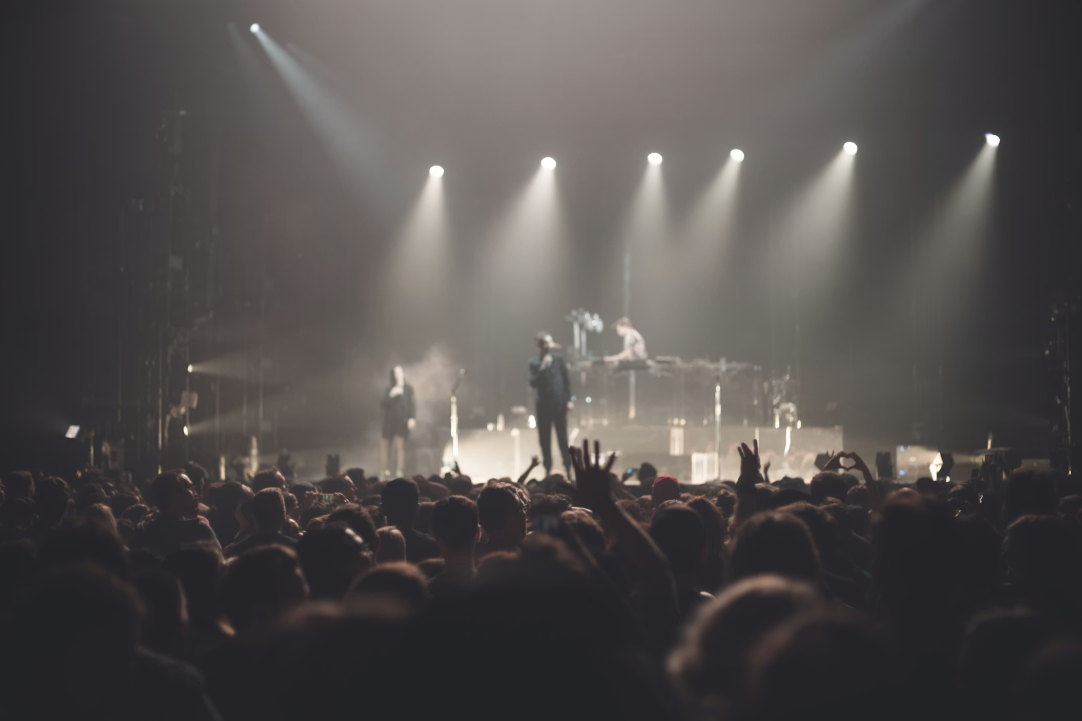Words By Molly Chambers
A novel I find particularly interesting and hooking in the way that it explores unions and political pressures is Animal Farm by George Orwell. The intriguing nature of the novel stems from the setting of a farm and a collection of animals to communicate a story structured around changing levels of dictatorship and democracy, in hopes of a better environment for the animals. The story is kicked off with the wise pig, Old Major, having a dream about a utopian world where the animals are free and man is no longer in power. Inspired by this vision and after the death of Old Major, the animals become motivated to make this dream a reality. They work together to generate freedom and take positions of power within society, yet the animals are met the with the very real questions and doubts of the sustainability of this paradise, and where the hunger for political power may plague the farm.
Old Major tells us of the hardships each animal has had to endure simply for ÔÇÿbare rations and a stall’ and how this dream saw the farm without such injustice. The hopes for a democratic structure and fairness all around bring the animals to devise a plan for their new life. They create a set of seven commandments that align with the values of this new union, which is named ÔÇÿanimalism’. Joining together in a union, they expel Mr Jones from the farm. This allows them the ownership and freedom to run the farm in the way they like, gaining intellectual skills and a dedication to a hopeful future. Currently, the novel is sending a message that hard work and determination, teamwork within a union leads to happiness and an ideal lifestyle. Then, Mr Jones returns, and this commences the heated battle of the cowshed. The animals win, but then conflict and tension begin between the pigs, Napoleon, and Snowball, over who is holding power and making decisions. Here, Orwell is demonstrating the struggle that can come with democracy. Clashing is inevitable when individuals believe in different objectives and priorities, and when this is not handled with fairness, problems can arise. With this in mind, Snowball is exiled from the farm and Napoleon is left with the most autonomy, but the farm is still as a team. Trading begins with local farms, and they gain a sense of agency within the local community. Orwell writes that ÔÇÿall that year the animals worked like slaves. But they were happy in their work.’ Here we are seeing the hard work paying off and life is settling in the way of Old Major’s vision. In this point of the novel, the reader is given the sense that revolution and the fight for change pays off within this work-based structure.
Yet, trouble begins to arise as time goes on and as the farm becomes more established. Napoleon continues to gain more power and more control over the other animals, and we begin to see the fade of democracy and continuity. The pigs seek to further their authority and become ruthless and violent in the way they do such. Orwell also presents the pigs as becoming more human-like in the way Napoleon and the other pigs begin trading for selfish luxuries such as whisky. This is a suggestive reflection by Orwell of the inevitability of greed disrupting the hope of equality and freedom. The pigs reach the point of ruthlessness and aggression to get what they want. As a reader, these actions remind us of multiple historical events and political leaders who let their ambition reach the point of selfishness. At this stage, Animal Farm enters the genre of dystopia and creates a tone of disappointment for what could have been. Inner conflict within the farm reaches its climax when, in the midst of famine, the hen’s rebel after the pigs sell their eggs. This rebellion leads to the callous execution of the hens and of other animals who had committed a crime motivated by their desperation within the struggle. We are told that ÔÇÿsince Jones had left the farm, until today, no animal had killed another animal’, and this gives us a deep sense that a solemn turn has just occurred. The farm continues to be divided and hopes of freedom are stripped from the remaining farm animals. The book concludes when the pigs begin to transform into humans in the way they live and socialise, and even in the way they walk, to the extent that it becomes difficult to distinguish pig from human.
In conclusion, I believe this novel is an allegory for Orwell’s view that equality and complete fairness is unsustainable and that the natural greed for power and control will always seep into political structures. Despite revolts, rebellions and unions, pure equality cannot exist. Many critics believe that Orwell is commenting on communism and the Russian revolution within this structure of ÔÇÿanimalism’ and the dispelling of a dictator, with Napoleon satirically playing the role of Stalin. Therefore, this novel is very thought-provoking, and definitely a recommended read for many.


